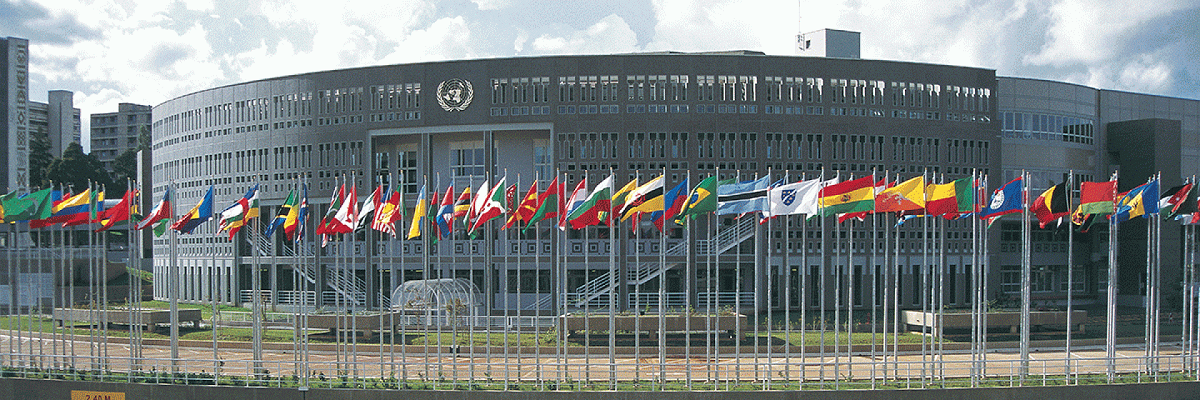Africa is losing $40 billion every year due to illicit financial flows (IFFs) from the extractive sector, according to the United Nations Economic Commission for Africa (ECA).
Antonio Pedro, deputy executive secretary of the ECA, warned that this trend is not only stunting development but also fuelling deepening economic inequality across the continent.
Speaking in New York at a high-level policy dialogue marking the close of the 2025 African Dialogue Series (ADS), themed “Justice for Africans and People of African Descent Through Reparations”, Mr Pedro described IFFs as a “symptom of a deeper structural problem: Africa’s overdependence on raw material exports, a colonial-era model that continues to limit the continent’s growth.”
He argued that these unchecked outflows were depriving African citizens of critical services, job opportunities, and the economic foundations needed for sustainable development.
“The practice of exporting raw minerals without value addition is essentially exporting jobs,” he said bluntly. “Africa can no longer afford this. We must create at least 20 million jobs every year just to keep pace with our expanding youth population.”

Pedro linked the urgency of stemming IFFs with the broader call for reparatory justice, asserting that both must be pursued in tandem. He praised the African Dialogue Series for igniting informed debate and unifying African voices on the international stage.
He noted that frameworks like the African Mining Vision and the African Green Minerals Strategy already exist to boost industrialisation, value addition, and equitable distribution of mining benefits. However, he stressed that Africa must now act decisively.
“What is needed now is to operationalise these frameworks and turn political commitments into action,” he said.
Calling for bolder steps, Pedro urged African governments and their partners to prioritise local content development, reform skewed global financial systems, and forge strategic international alliances to counter IFFs and accelerate the continent’s development.
“Africa must speak with one voice to push its priorities on the global stage, thus the need for policy coherence across the mineral, industrial, trade, energy and infrastructure sectors,” he added.
He also called on all stakeholders—governments, mining firms, communities, financial institutions—to collaborate in closing perception gaps and ensuring that extractive resources translate into real, lasting benefits for Africans.
“As we move forward, prioritising sustainable development and tackling the systems that sustain IFFs alongside reparatory measures is critical to achieving justice for Africa,” he concluded.
The African Dialogue Series is held annually by the UN Office of the Special Adviser on Africa, the African Union Permanent Observer Mission to the UN, and other UN bodies. It serves as a key forum for elevating the continent’s most pressing concerns and connecting them to the African diaspora.


 Trending
Trending 